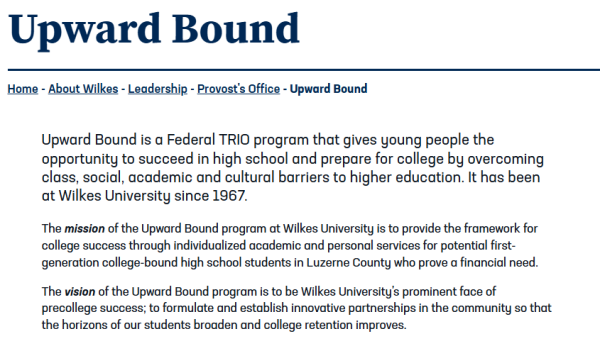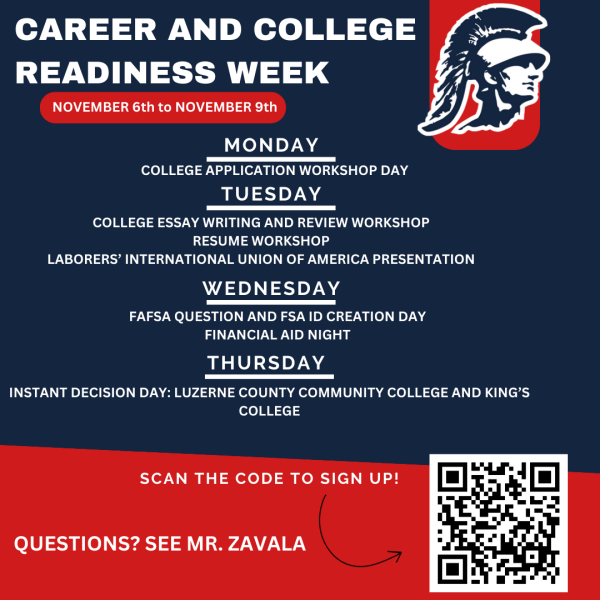We all SAT down for nothing?
When it comes to standardized testing, I think we can all agree that it is dreadful. According to new studies, even including some from the IVY League, SAT testing is said to be deemed inadequate.
Let’s start here. . . what really is the SAT? At the origin, the SAT was called the Scholastic Aptitude Test, but eventually dropped that hefty title in favor of the initials by itself. This name hints at the intended purpose of said test, which is in fact to determine not what a student knows, but their “potential for learning.” The SAT had claimed to be able to determine how well a student would perform in college, and this is how it sold itself initially.
In time, colleges have always wanted to admit students who will be able to perform well and exceed the set expectations, and the SAT was said to predict the future success of scholars. Furthermore, the test is standardized, meaning every student takes the same test variation, regardless of their previous acknowledgments. This is important because high school education is not standardized at all nationally. The main charge of bias raised for the SAT stems from persistent score disparities. The scores themselves seem to support these claims. Some of those supportive of this claim can be said to believe in its clearly displayed flaws, as In a 2018 paper “Eight myths about standardized admissions testing,” Paul Sackett and Nathan Kuncel argue that SATs are not inherently biased.
As we move on, we can begin to recognize that this whole SAT scandal is widely cast about, as according to the USA Today as an entirety, Harvard Graduate School stipulated that college admissions should focus both on ethical engagement and intellectual engagement recently its “Turning the Tide” report from their Making Caring Common project more than of the test itself. Over 50 colleges have immensely endorsed this report as a change to all college admissions. Recommendations may include focusing on more meaningful causes and community service activities that students engage in, and on contributions made at home, with less emphasis on standardized tests, such as the SAT.

My name is Emily R. Eisenhauer, I am a senior here at Nanticoke. I have resided within the district for the whole of my life and with all of my time here...












